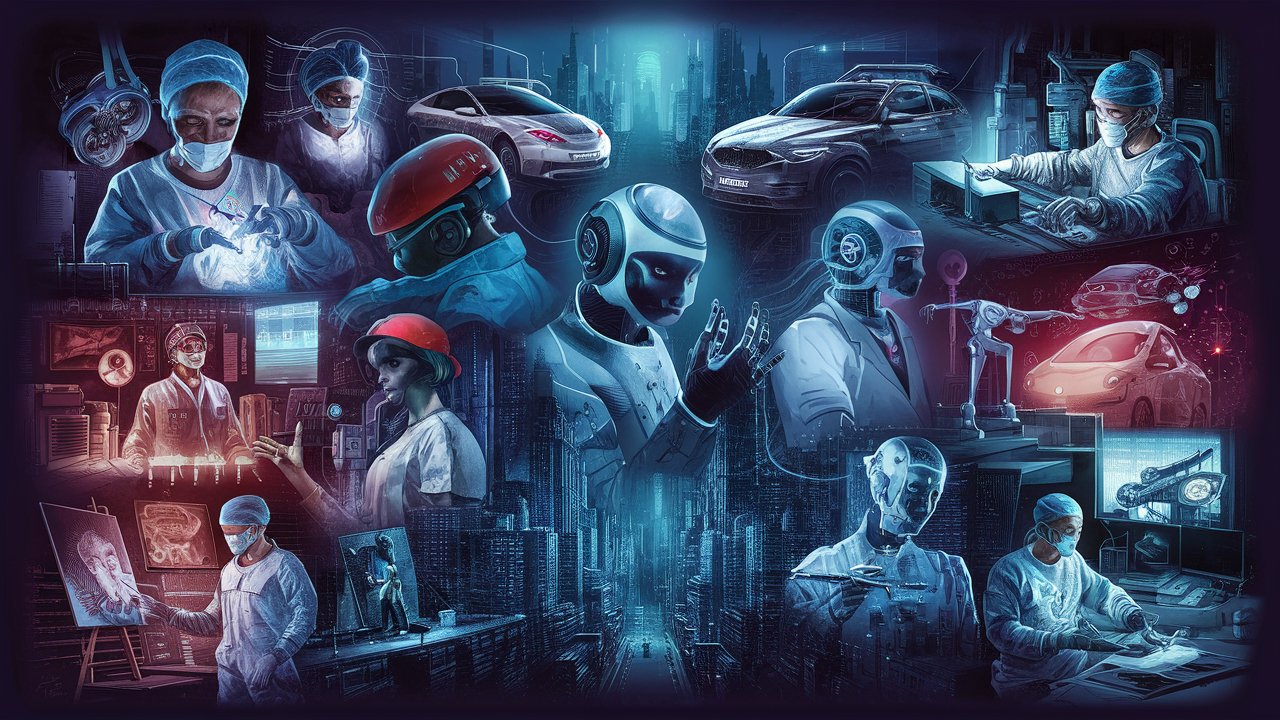What Jobs Can Artificial Intelligence Take from Humans?
The rise of artificial intelligence (AI) has been a technological revolution of monumental proportions, transforming many aspects of our lives.
One of the areas most impacted is the job market, where automation and AI are beginning to challenge the roles traditionally performed by humans.
Routine jobs
Jobs that involve repetitive and predictable tasks are among the most susceptible to replacement by AI. This includes assembly line jobs, cashiers, and administrative jobs that involve data processing.
With the ability to learn from large volumes of data and perform tasks efficiently, AI systems can surpass the speed and accuracy of humans in many of these functions.
Customer service
Customer service automation is a growing trend, with chatbots and virtual assistants taking over many of the basic interactions.
While humans are still needed to deal with more complex and emotional issues, AI can take over a significant part of customer support, especially in situations where responses are standardized and predictable.
Transportation and Logistics
With the advance of autonomous vehicle technology, truck, cab and delivery drivers may face a reduction in demand for their services.
Companies such as Tesla and Waymo are already developing autonomous vehicles capable of safely navigating the roads, which could potentially replace human drivers in the near future.
Financial sector
In the financial sector, AI algorithms are increasingly being used to make investment decisions, risk analysis and fraud detection.
This automation could affect jobs such as financial analysts and traders, as machines are able to process data at high speed and identify patterns that may escape human perception.
Medicine and Health
Although medicine is a highly specialized field that requires a deep understanding of human complexity, AI is already being applied to tasks such as medical diagnosis, image analysis and the development of personalized treatments.
While doctors will continue to play a crucial role in patient care, AI can help improve the accuracy and efficiency of medical processes.
The replacement of human jobs with artificial intelligence is an inevitable phenomenon as technology continues to advance.
However, it is important to recognize that AI also creates new job opportunities and can improve people’s productivity and quality of life.
As we adapt to this new reality, it is crucial to invest in education and training to empower workers to adapt to change and thrive in an AI-driven world.
In addition, it is crucial to consider ethical and political issues to ensure that the implementation of AI is done in a fair and equitable manner, minimizing the negative impact on individuals and society as a whole.

